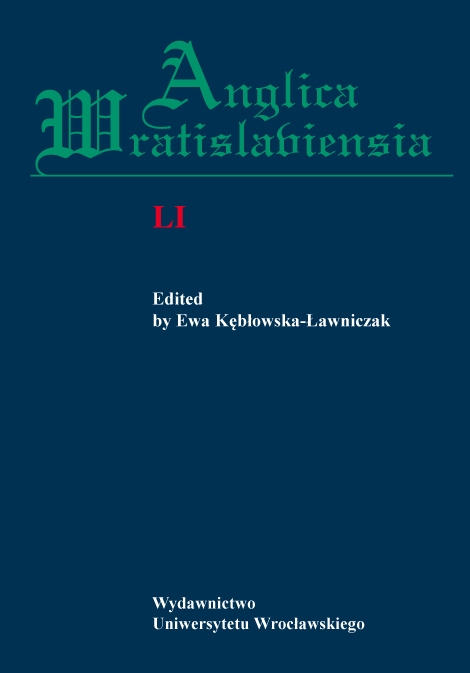

Literature and Culture

V.S. Naipaul is a controversial author within the multicultural society of the contemporary literary world. In his works he often criticizes developing postcolonial societies, including his native Trinidad, as well as the colonial system. The Middle Passage 1962 belongs among his most criticized works for its alleged pro-colonial views. One of the most problematic and provoking characteristics of The Middle Passage is Naipaul’s employment of transtextuality1 with a special focus on works of the Victorian icons — Froude, Trollope and Kingsley. Another aspect that contributes significantly to the interpretative ambivalence of this work is the fact that the original idea for writing a non-fiction book about the Caribbean came from the Trinidadian Premier Dr Williams. Although Naipaul accepted the offer to produce such a text about a region striving for independence, it does not represent the type of post-colonial text expected in the 1960s, which were dominated by anti-colonial attitudes.